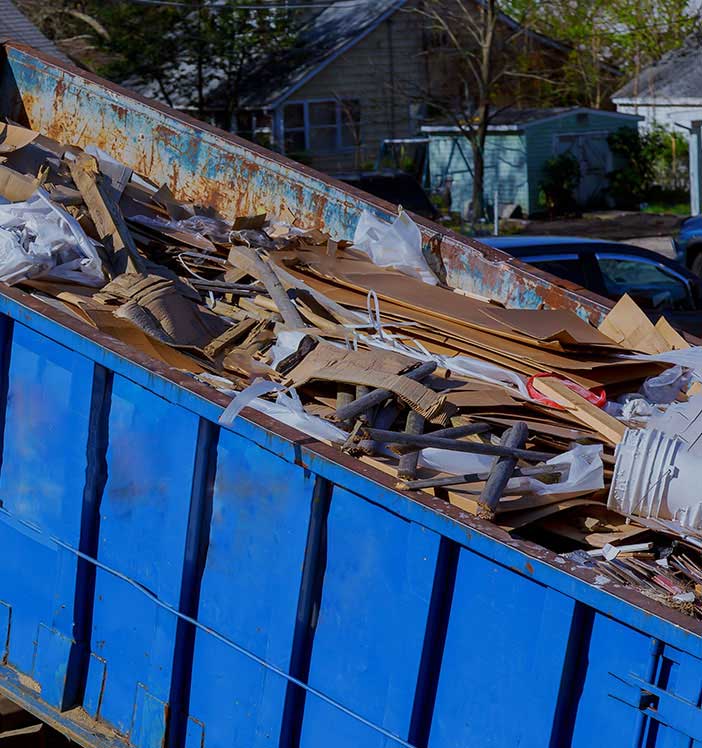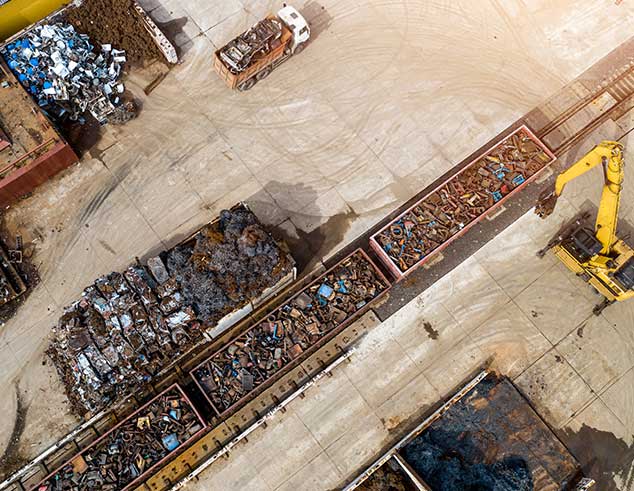
Reduce energy consumption
Metal manufacturing/production for raw materials is extremely energy-intensive. In reality, making 20 cans from recycled metal takes about the same amount of energy as making one can from raw materials. Energy costs for metals like aluminium and copper can be reduced by more than 75% by using recycled metal instead of natural resources.

